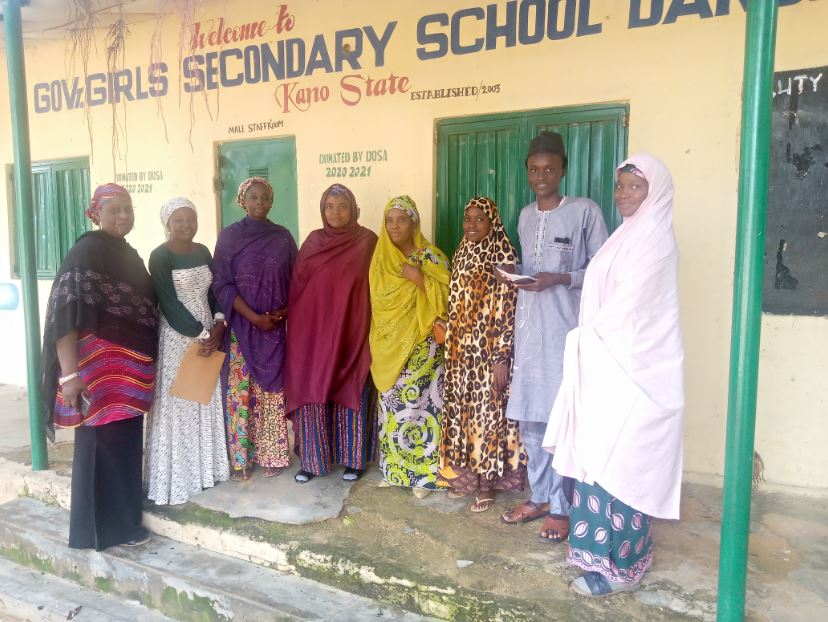Institute for Human Development: Empowering Communities for Change
Introduction:
At the Adolescent Health and Information Project (AHIP), our commitment to holistic development goes beyond individual youth empowerment. Through our Institute for Human Development, we focus on building the capacity of communities through various training programs and initiatives. In this blog post, we delve into the different components of the Institute and the transformative impact they have on individuals and communities.
Continuing Learning Initiative:
The Continuing Learning Initiative is a vital addition to our training center activities. It offers a one-year remedial class for students who have completed secondary school but were unable to pass their exams. This program provides an opportunity for these students to bridge their academic gaps, acquire essential knowledge, and enhance their prospects for future success.
Leadership Training:
Our Leadership Training programs are designed to cater to diverse categories of leaders, including religious leaders, youth leaders, health professionals, students, traditional leaders, and married adolescents. These training sessions cover a range of relevant topics, tailored to the specific needs of each group. From reproductive health concepts to leadership roles and styles, participants gain valuable insights and skills to drive positive change in their respective domains.
Day Care Centre Unit:
Originally intended as a kindergarten for AHIP staff, our Day Care Centre Unit has evolved to accommodate children from working-class mothers in the vicinity. The facility has been equipped with the necessary resources, including posters and teaching aids, to facilitate effective teaching and provide a nurturing environment for early childhood development.
Training Professionals and Community-Based Health Workers:
Our Institute for Human Development also focuses on training health professionals and community-based workers in community development and management skills. These programs target individuals responsible for mobilizing communities, forming committees, and supporting their functioning. With a particular emphasis on equity and quality of care, the training addresses the healthcare needs of vulnerable groups, such as mothers and young children who lack access to essential healthcare services.
Conclusion:
Through the Institute for Human Development, AHIP empowers individuals, communities, and organizations with the knowledge, skills, and tools necessary to drive positive change. From continuing education initiatives to leadership training and community development programs, we are committed to fostering sustainable transformation. By investing in capacity development, we lay the foundation for healthier, more empowered communities and a brighter future for all.



